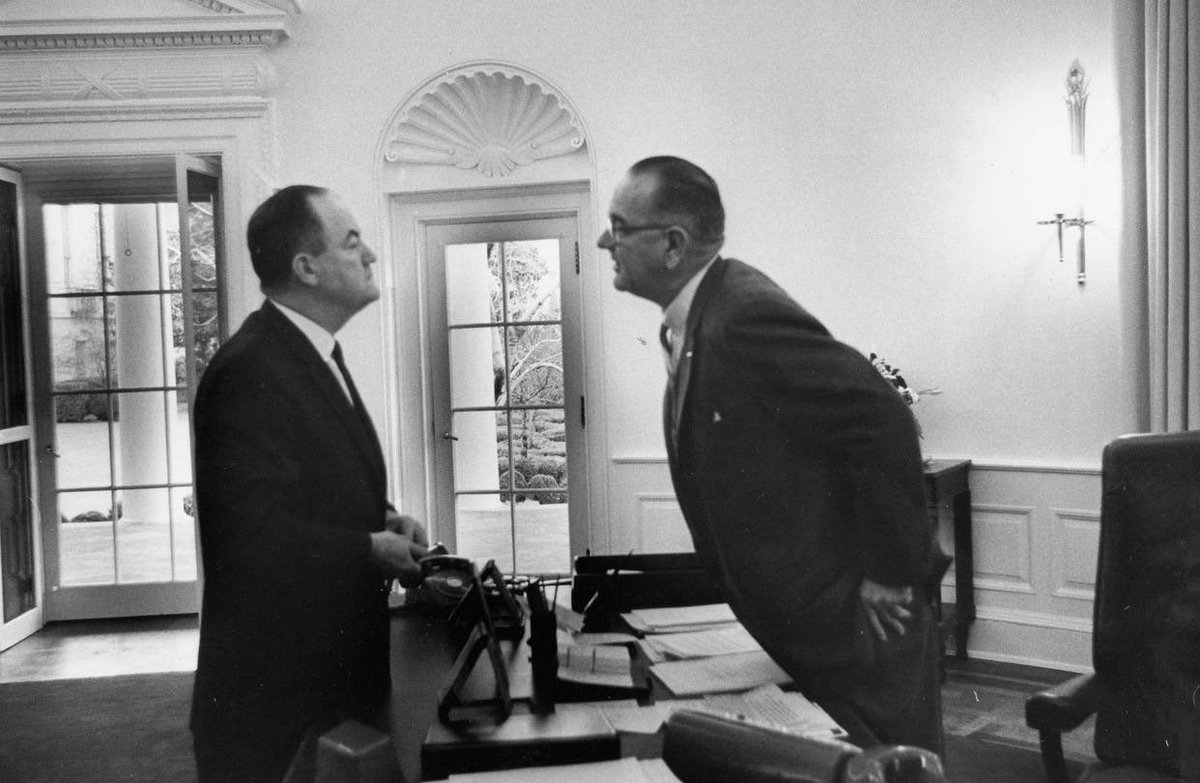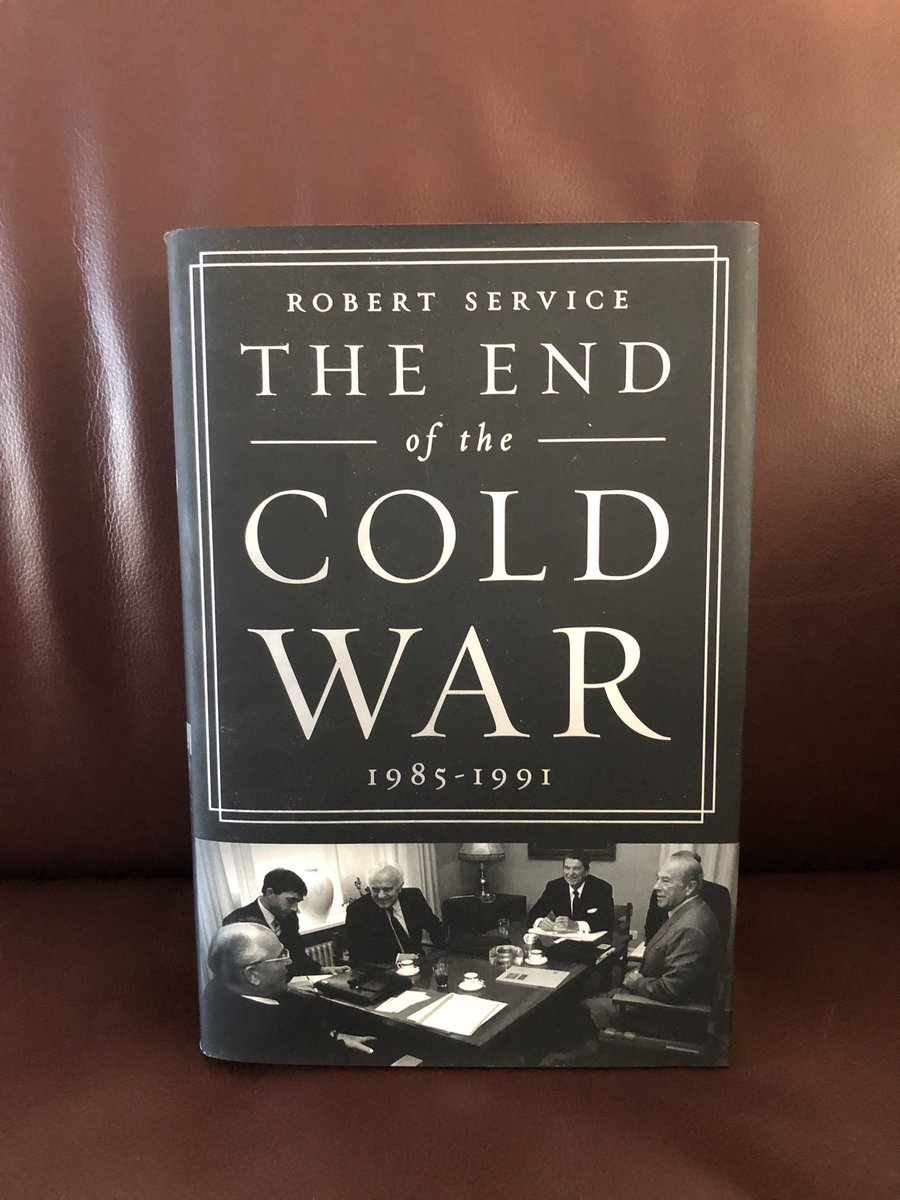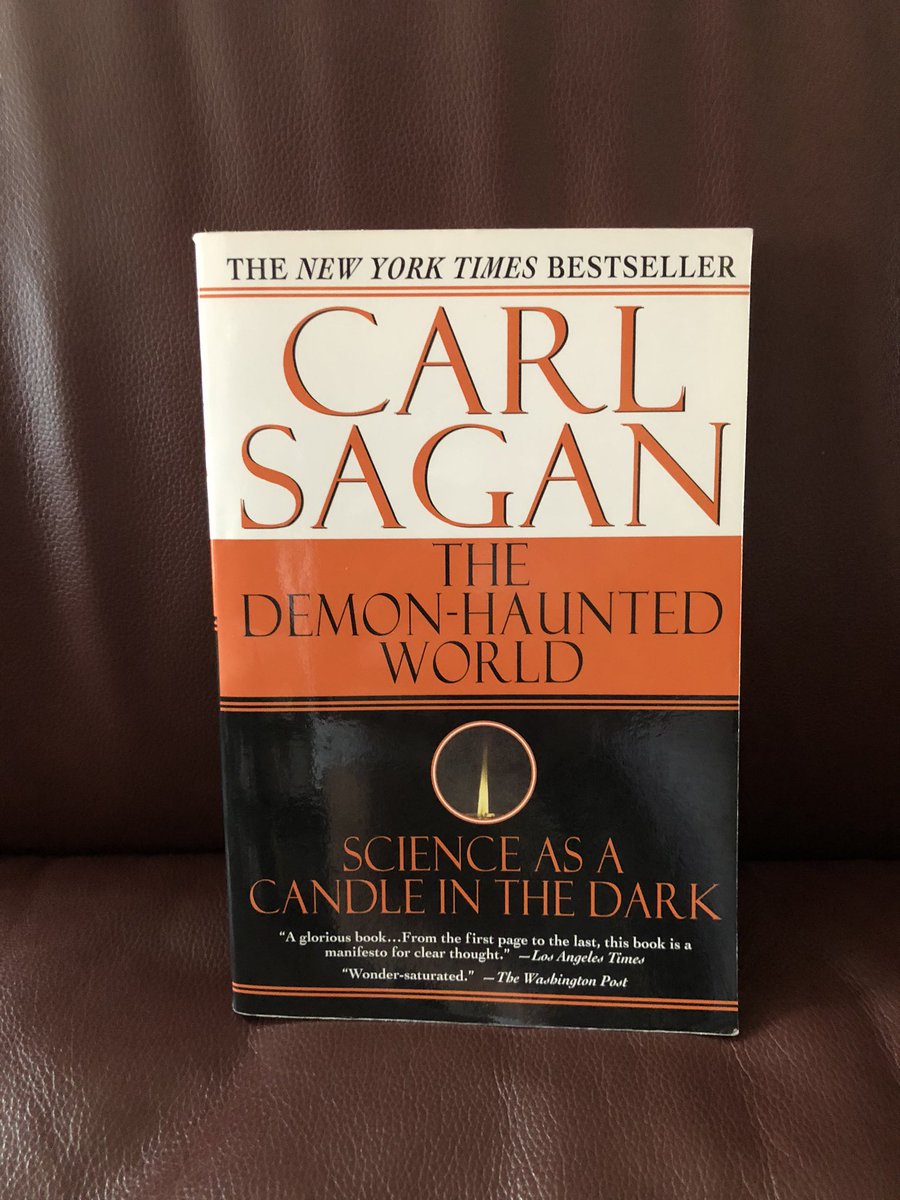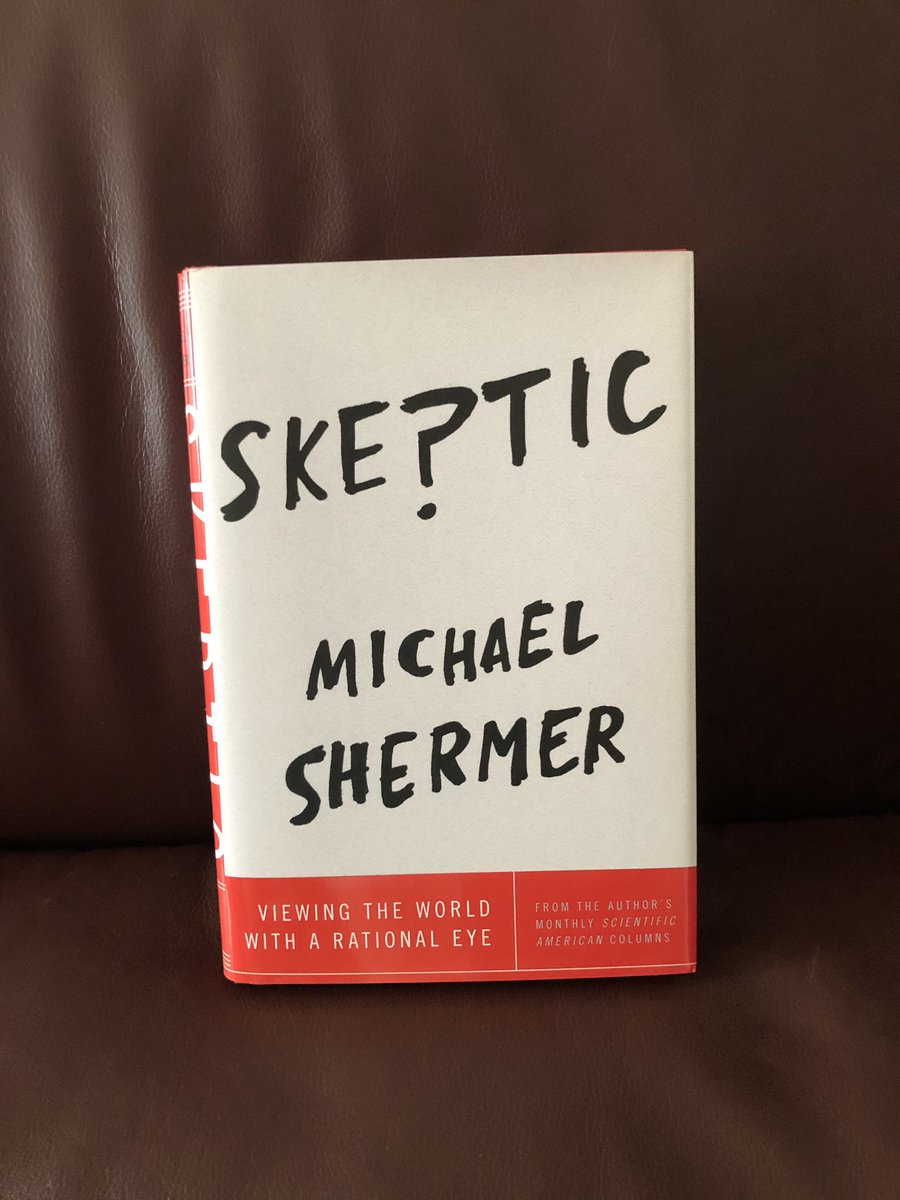
THREAD: Don Rumsfeld, who has died at 88, played many important roles during his long career.
Among the fascinating but lesser known of those roles: his contact points with the President’s Daily Brief—in two administrations, 25 years apart.
Here are just a few stories.
1/13
Among the fascinating but lesser known of those roles: his contact points with the President’s Daily Brief—in two administrations, 25 years apart.
Here are just a few stories.
1/13

Rumsfeld first came across the PDB as Gerald Ford’s chief of staff early in Ford’s brief presidency.
He was the one who informed National Security Advisor Brent Scowcroft that Ford, after one year on the job, no longer needed daily in-person briefings from a CIA officer.
2/13
He was the one who informed National Security Advisor Brent Scowcroft that Ford, after one year on the job, no longer needed daily in-person briefings from a CIA officer.
2/13
Rummy told Scowcroft Ford wanted the PDB on his Oval Office desk before he got there. “He will not need you or Dave Peterson [the CIA briefer] to sit in with him,” his memo said. “If Dave wishes to bring it over, he can sit in the outer office while the President reads it.”
3/13
3/13
Later in the Ford administration, Rumsfeld replaced Jim Schlesinger as Secretary of Defense—and learned that Schlesinger had not been seeing the President’s Daily Brief.
“I was getting a briefing from DIA,” he told me. But, he said, not the PDB.
4/13
“I was getting a briefing from DIA,” he told me. But, he said, not the PDB.
4/13
Rumsfeld raised the anomaly with newly arrived CIA Director George H. W. Bush—who was surprised by the news.
Because it was the president’s decision to make, Bush held off on providing it to Rumsfeld until Ford personally signed off on the request in mid-March 1976.
5/13
Because it was the president’s decision to make, Bush held off on providing it to Rumsfeld until Ford personally signed off on the request in mid-March 1976.
5/13
More than a quarter century later, Rumsfeld was again SecDef, this time for George W. Bush.
He proved far more interactive with the document this second time around at the Pentagon, mostly due to George W. Bush’s own keen interest in his PDB.
6/13
He proved far more interactive with the document this second time around at the Pentagon, mostly due to George W. Bush’s own keen interest in his PDB.
6/13
“It’s helpful,” Rumsfeld told me about reading the president’s intel, “because when he asks you something about it, you will not be unaware of it…. It’s probably helpful to have the senior policy makers and the vice president see the same material the president sees.”
7/13
7/13
Rumsfeld went beyond that, emerging as one of the PDB’s most interactive and inquisitive customers. “I had at least half an hour every morning, including Saturdays at his house,”his first PDB briefer told me. “He’d read it, challenge it, talk about it, push it, prod it.”
8/13
8/13
The SecDef clearly paid attention; that same briefer remembers hearing some of the precise analytic language in the PDB popping out of Rumsfeld’s mouth in some of his news conferences days or even weeks later.
9/13
9/13
Rumsfeld stands out as the only PDB recipient to ever receive his daily briefing as terrorists flew a plane into his building.
He’d refused to cancel the briefing even after hearing about the attacks in New York, saying “No! If I cancel my day, the terrorists have won.”
10/13
He’d refused to cancel the briefing even after hearing about the attacks in New York, saying “No! If I cancel my day, the terrorists have won.”
10/13
When the entire Pentagon shook as American Airlines Flight 77 crashed into the other side of the building, Rumsfeld’s security detail barged in and took him out of his office to the crash site. Briefing over.
11/13
11/13
These and other stories of presidents and their top advisers’ relationships with top secret intelligence are in my history of it all—featuring interviews with presidents, vice presidents, CIA directors, and many others, including Rumsfeld himself.
amazon.com/Presidents-Boo…
12/13
amazon.com/Presidents-Boo…
12/13
I met with Rumsfeld twice at length for my PDB book, and again years later for a new project.
He was generous with his time, quick with his answers, characteristically energetic while defending his decisions, and open to introducing me to others. A unique spirit, now gone.
/end
He was generous with his time, quick with his answers, characteristically energetic while defending his decisions, and open to introducing me to others. A unique spirit, now gone.
/end

• • •
Missing some Tweet in this thread? You can try to
force a refresh














